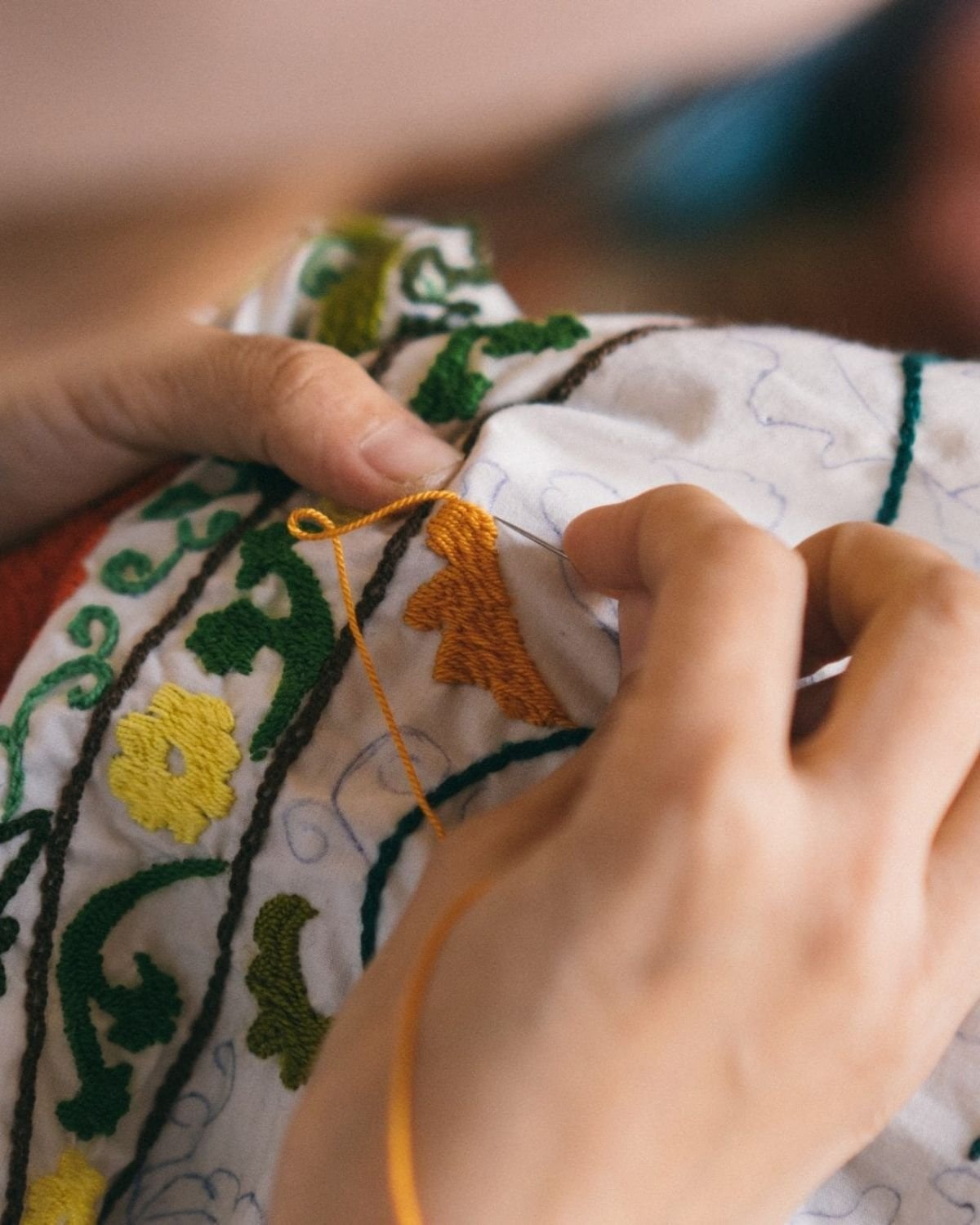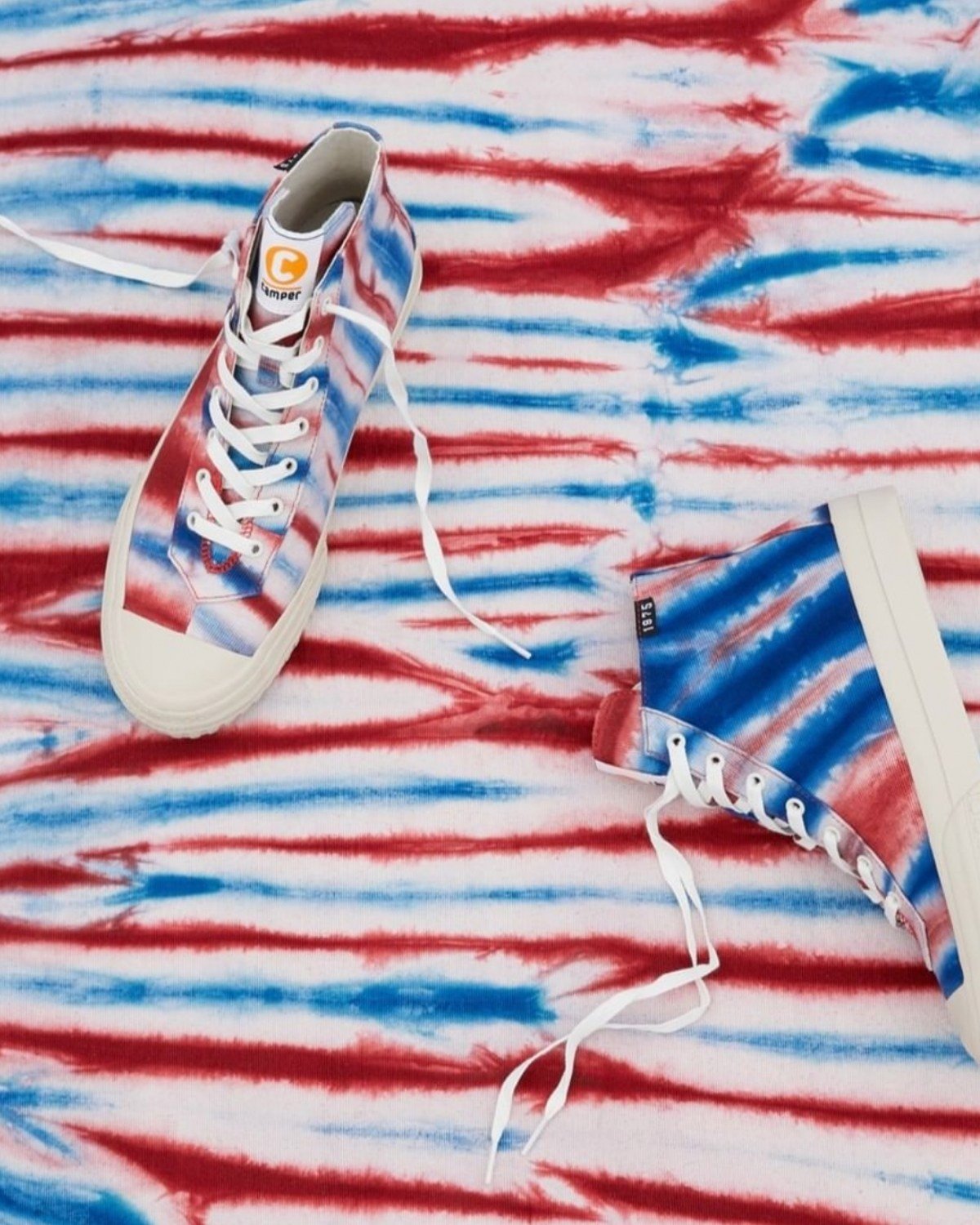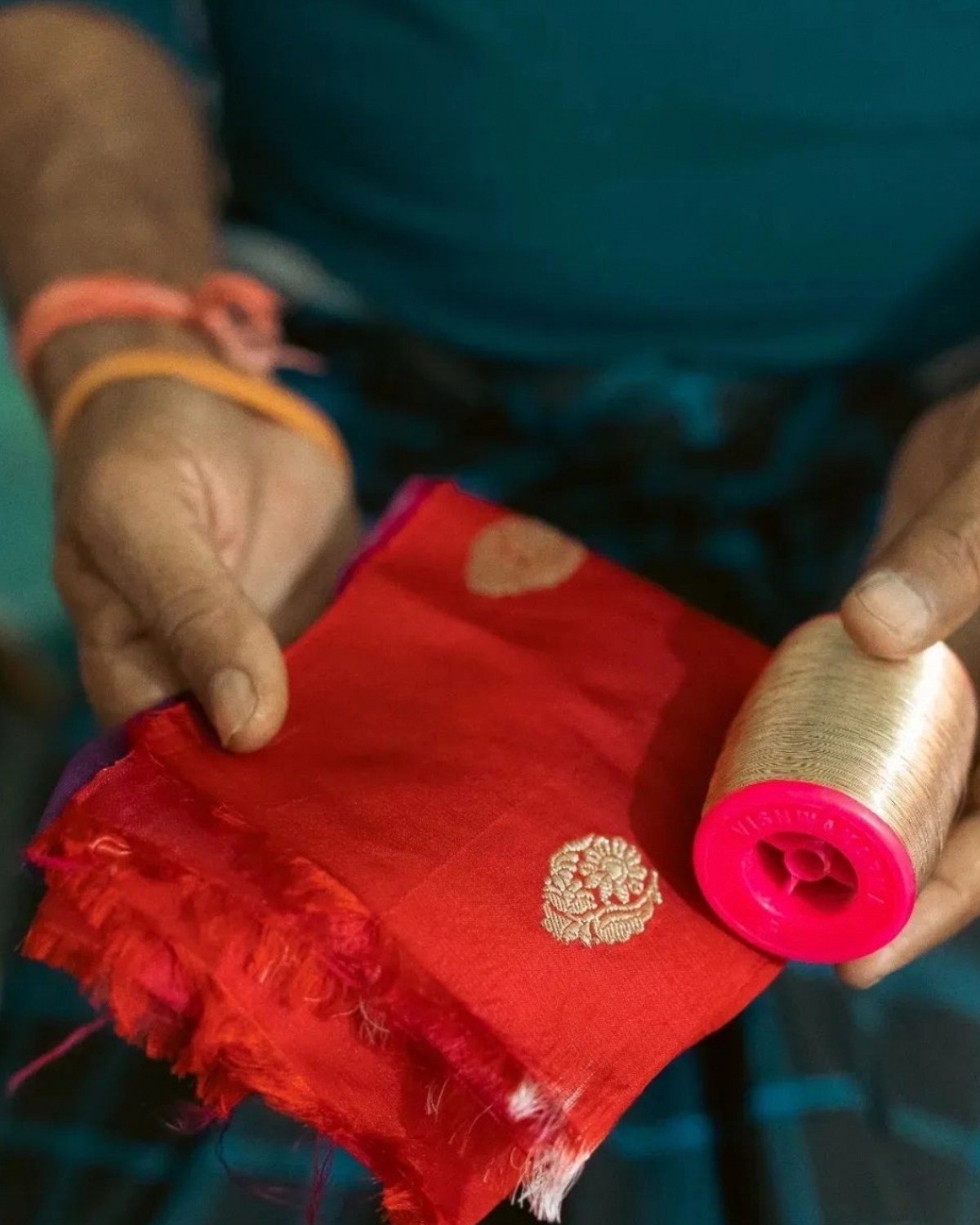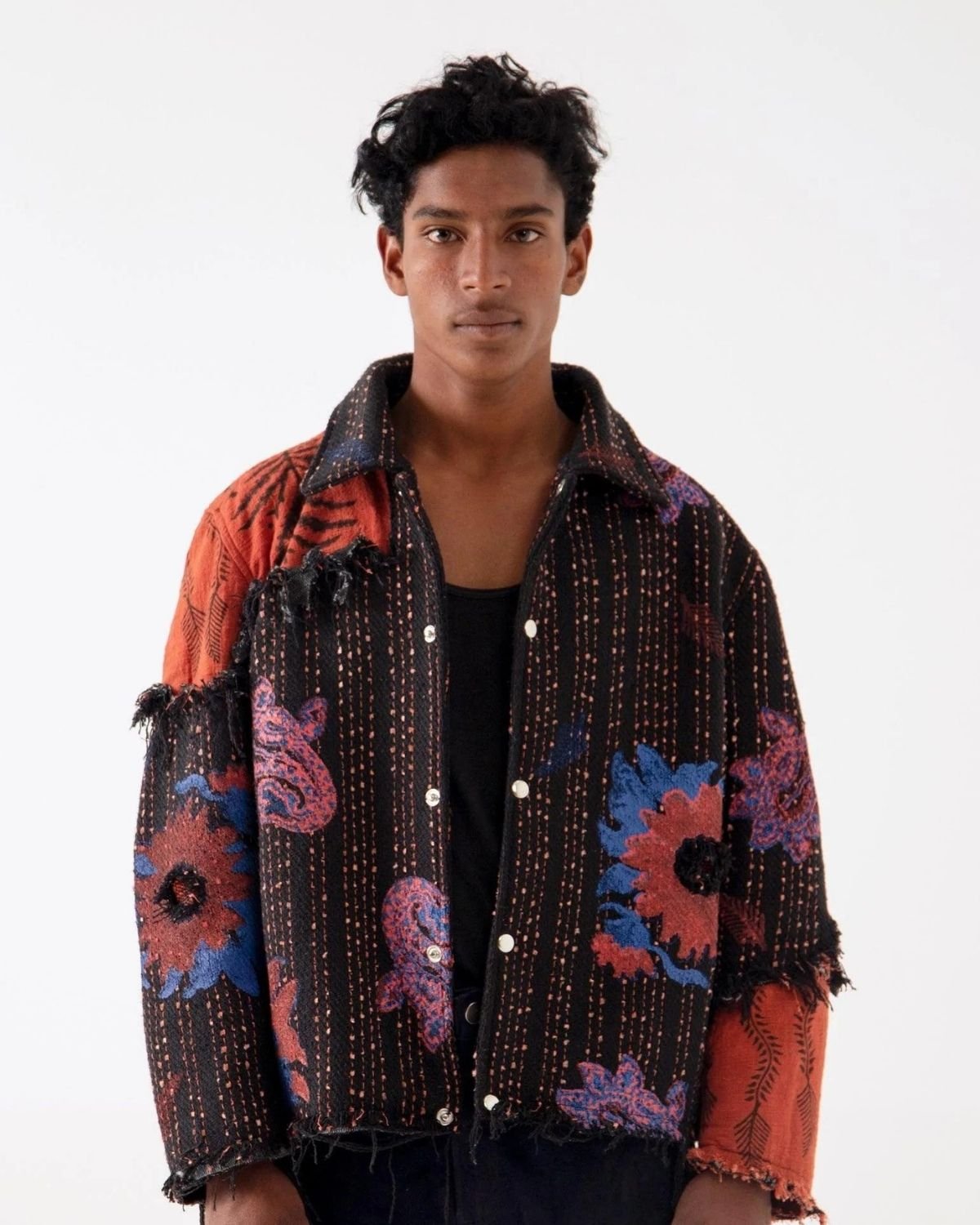8 Fashion Social Enterprises Centering Artisans and Driving Positive Impact
By Stella Hertantyo
Fast fashion companies are notorious for putting profits ahead of people and the planet. Though there is a growing awareness — thanks to the slow fashion movement — that this way of doing business is unsustainable and unethical on so many levels.
This has given rise to several sustainable fashion business models that are proving to us that it is possible to put principles ahead of profit. Fashion social enterprises are one example.
A social enterprise is a cause-driven business that has a core focus on creating positive social impact. Positive social impact is a broad ambition and there are many different social causes. But in the fashion industry, fashion social enterprises often aim to center the experiences of their workers and advocate for ethical working conditions and sustainable livelihoods. They are also often artisan-led which allows for the preservation of traditional skills.
According to The Good Trade, “Social enterprise models are a smart, savvy way to combine the best of traditional non-profits and traditional businesses.” This is because while social enterprises aspire to make profits, they prioritize reinvesting those profits into creating positive social change instead of just lining the pockets of those at the top of the business.
Essentially fashion social enterprises see ethical fashion as a vehicle for social change. And they are proving that reciprocal, collaborative, and mutually beneficial relationships between artisans and designers are possible.
If you're curious to learn more, take a look through the work of these eight fashion social enterprises that are elevating the work of fashion artisans and showing us that fashion can be a force for good.
Artisan Fashion
Artisan Fashion is the first independent fashion social enterprise created by the Ethical Fashion Initiative.
Artisan Fashion creates reciprocal relationships by connecting artisanal communities in African countries with socially-conscious international designers. This allows designers to ethically integrate African materials into their products and collaborate with artisans, while also creating financial sustainability for artisans and allowing for the preservation of age-old techniques.
The social enterprise works with 98 artisan communities across East and West Africa. They use a variety of locally produced and recycled materials. This includes traditional African fabrics such as Kitenge, Kikoi, Shuka, and textiles from West Africa, and recycled fabrics from the local secondhand market.
Artisan Fashion has worked with international brands including MIMCO, Vivienne Westwood, and Endelea.
Specialties: Jewelry, homeware, bags, and accessories
Location: Sub-Saharan Africa
Ozara
Ozara is a fashion social enterprise in Tajikistan that aims to preserve the generational skill of intricate embroidery. Working in collaboration with a local women’s center, Ozara provides training and employment to vulnerable local women, many of whom are survivors of domestic violence.
This ancient embroidery is known as suzani. A suzani is a large, hand-embroidered traditional textile. The name is derived from the Persian word “suzan” which translates to needle. Suzanis have an ancient cultural heritage and each region in Tajikistan has its own symbols and color combinations.
The work of their artisans can be seen on garments sold by Dutch brand, Zazi Vintage.
Specialty: Suzani embroidery
Location: Tajikistan
CABES
Burkina Faso is known for being a major cotton-producing country. And local artisans have developed a technique to turn locally produced cotton into an artfully handwoven, intricately patterned cotton fabric known as "Faso Dan Fani."
CABES is a women-owned, women-led fashion social enterprise specializing in Faso Dan Fani and batik dyeing. The social enterprise manages a network of fifteen weaving cooperatives across Burkina Faso.
CABES has collaborated with numerous international brands to elevate the work of artisans in Burkina Faso, including EFFEI, Suave Ke., Laurenceairline, and Lukhanyo Mdingi.
Specialties: Faso Dan Fani (hand-woven cotton fabric) and batik dyeing
Location: Burkina Faso
Saheli Women
Based in the rural village of Bhikamkor in Rajasthan, Saheli Women was started by Madhu Vaishnav in 2015 with the dream of financially empowering women living in the village using ethical fashion. Their vision was to teach these women income-generating skills — specifically embroidery — that would contribute to their financial independence.
Seven years on and Saheli Women works with 35 skilled embroiderers who are bringing the visions of international designers to life. The women in this fashion social enterprise work in a safe working environment, earn fair wages, and many are the primary income earners in their homes.
They facilitate the sourcing of locally produced, sustainable fabrics for brands. These fabrics become the canvases for the artisans at Saheli Women to embroider intricate designs before it's sewn into the final garment.
Saheli Women has collaborated with brands such as Chaos and Colour, Zazi Vintage, and Bijondo.
Specialties: Embroidery and small-batch garment production
Location: India
SEP
SEP — standing for Social Enterprise Project — is a luxury fashion and lifestyle business and Certified B Corp. SEP works with 500 Palestinian, Syrian and Jordanian embroidery artists who are also refugees.
Before being employed by SEP, each artist is trained in the generational and cross-cultural skill of embroidery through their SEP-Tamari Foundation Academy. By creating a platform for their talent, SEP aims to contribute to creating sustainable livelihoods and opportunities for financial independence.
Their timeless garments and accessories are all adorned with embroidered detailing that adds a story and a sense of wonder to each piece. Each embroidery artist is given creative freedom, which makes each piece a personal reflection of each artisan’s story.
Specialties: Hand-embroidered fashion and lifestyle accessories
Location: Jordan
Brother Vellies
Take a look at Brother Vellies’ carefully created shoes and accessories — for example, their Mermaid Doodle Mule and Lijadu Billfold Bag — and you’ll be left in awe. Aurora James started her social enterprise brand Brother Vellies in 2013 to keep traditional African design practices and techniques alive while creating sustainable livelihoods for artisans.
The brand works closely with artisans across the world in South Africa, Kenya, Mexico, Morocco, Ethiopia, Burkina Faso, Italy, Haiti, and New York. Care and deep consideration are poured into each step of the process to ensure that the prosperity of people and the planet are always at its core.
Brother Vellies is committed to ethical labor practices. And they also use low-impact materials including vegetable-tanned leathers, soling from recycled tires, and hand-carved wood elements.
Specialty: Shoes and accessories produced ethically and sustainably by artisans
Location: United States
RASTAH
RASTAH is a brand reminding us that clothing is political and connects us to a vast number of social and environmental contexts. Each collection is dreamed up, sourced, and crafted in Pakistan and acts as a vehicle to celebrate and pay homage to South Asian heritage, artisanal skills, and the complexities of the present.
Co-founder and creative director Zain Ahmad is committed to using the social enterprise clothing brand to give ownership to artisans and honor their artistry. Working closely with artisans from some of the oldest practicing families in Pakistan, each of RASTAH’s garments is sustainably produced limited edition pieces.
Their intricately constructed, meticulously detailed garments often featuring traditional Mughal motifs — such as their Fire Poppy Twill Jacket and Blockprinted Patchwork Satin Trousers — are bound to add a bold statement to your everyday wear.
Specialty: Sustainable capsule collections reinterpreting South Asian artisanship and heritage
Location: Pakistan
ZAAF
Founded by Abai Schulze, ZAAF is an Ethiopian social enterprise clothing brand with social impact at its core. By creating high-quality leather bags, ZAAF aims to provide economic empowerment for skilled Ethiopian artisans. In pursuit of this, ZAAF works with artisanal communities that specialize in various traditions of craftsmanship, bringing together ancient skills, indigenous materials, and timeless design.
Each ZAAF bag — including their Periana Clutch and Assaye Tote — is proudly designed and made in Africa from start to finish. Their bags are made by local craftspeople and feature details that are an ode to Ethiopia’s cultural heritage.
Specialty: Artisan-made leather handbags
Location: Ethiopia
About the Author:
Stella Hertantyo is based in Cape Town, South Africa, and is currently completing her PGDip in Sustainable Development to accompany her undergraduate in Multimedia journalism. She is a slow-living enthusiast and a lover of low-impact fashion.
She is passionate about encouraging an approach to sustainability that is inclusive, accessible, and fun as we try to figure out how to create a more sustainable and just world, together.
When Stella is not in front of her laptop doing uni work, you'll probably find her reading, writing, illustrating, or baking/cooking. A dip in the ocean, or a walk in the mountains, are the two things that bring her the most peace.
PIN IT & SAVE IT
Cover Image credit: Ozara












